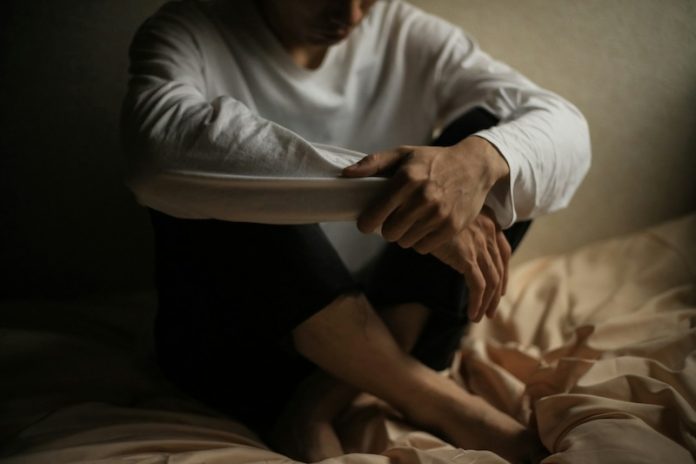
Men are significantly more likely to die by suicide than women, with rates two to four times higher worldwide, including in Switzerland.
While the reasons are complex, one major factor is that the warning signs in men often go unnoticed until it’s too late.
However, not all men are equally at risk, and understanding the cultural and psychological factors involved can help create better prevention strategies.
A research group from the University of Zurich’s Department of Psychology recently conducted a study to explore these issues in depth. Their findings, published in Heliyon, suggest that men who closely identify with traditional ideas of masculinity are particularly vulnerable.
These traditional norms, often rooted in patriarchal societies, emphasize traits like emotional restraint, independence, and risk-taking. The study highlights the urgent need for prevention efforts specifically aimed at these men.
How Masculine Ideals Increase Risk
The research draws on data from a long-term U.S. study of 10,000 young men, which found that those adhering strongly to traditional male roles were more likely to die by suicide over a 20-year period.
Building on this, the Zurich team sought to understand which specific aspects of traditional masculinity contribute to this risk.
Nearly 500 men from German-speaking countries participated in their study by completing detailed questionnaires.
These surveys measured their adherence to traditional masculine norms, symptoms of depression, and suicidal thoughts or behaviors. The results revealed some striking patterns.
Three Groups of Masculinity
The researchers identified three main groups among the participants:
- Egalitarians (60%): These men did not strongly conform to traditional masculine norms. They were less influenced by rigid ideas of how men should behave.
- Players (15%): These men associated masculinity with status, patriarchal attitudes, and sexual conquests. Their focus was on being perceived as heterosexual and having multiple female partners.
- Stoics (25%): This group adhered most closely to traditional masculine ideals, emphasizing traits like emotional control, independence, and risk-taking. Unlike the Players, their focus was less on status or sexual success and more on self-reliance and stoicism.
Stoics at the Highest Risk
The study found that the Stoics were over twice as likely to have attempted suicide compared to Egalitarians. Their attitudes, especially in times of stress or mental health crises, were particularly dangerous.
Stoics often believe they must solve problems alone and avoid showing vulnerability. This mindset, combined with a willingness to take risks, can create a mental “tunnel vision” where suicide may seem like the only way out.
Interestingly, the Stoics were younger on average than the other groups. This suggests that traditional masculine ideals are not fading away with older generations.
Instead, they may serve as a way for young men to define themselves during the critical phase of identity formation in early adulthood.
Rethinking Prevention and Treatment
The findings underline the need for targeted interventions for men who strongly conform to traditional masculine norms.
Many men in crisis do seek help—studies show that 60% of men who died by suicide in Canada had visited a mental health professional in the year before their death. However, these men are often not diagnosed or treated effectively.
One reason is that men with depression may not display classic symptoms. Instead, they might experience physical problems, like back pain, or show aggression and engage in risky behaviors. These signs can be overlooked or misinterpreted, leading to gaps in care.
To address this, the research team is developing a male-specific therapy for depression. This approach focuses on reducing the pressure to conform to traditional gender roles and providing alternative ways for men to express their emotions and vulnerabilities.
Moving Forward
Untreated depression is a key driver of suicide among men. Recognizing the unique challenges faced by Stoics and similar groups can help shape better prevention and treatment strategies.
These efforts must focus on breaking down harmful stereotypes about masculinity and encouraging men to seek and accept help without fear of judgment.
This study offers a roadmap for addressing a critical issue that affects individuals, families, and societies worldwide. By understanding how cultural and psychological factors contribute to male suicide risk, we can create a more compassionate and effective approach to mental health care.
If you care about depression, please read studies about how dairy foods may influence depression risk, and B vitamins could help prevent depression and anxiety.
For more information about mental health, please see recent studies that ultra-processed foods may make you feel depressed, and extra-virgin olive oil could reduce depression symptoms.
The research findings can be found in Heliyon.
Copyright © 2024 Knowridge Science Report. All rights reserved.



